1820 Hrs GMT
London
Saturday
03 April 2010
Editor © Muhammad Haque
ADCS criticises Ofsted inspection change
ADCS criticises Ofsted inspection change
Wednesday 31 March 2010 10:19
The row between Ofsted and directors of children's services over unannounced inspections has flared up again after Ofsted announced it was changing some of its guidance for inspectors.
In an e-mail update sent to directors of children's services the inspectorate said it would be changing the definition of what would be considered an "area of priority action" as of 1 April this year. The term would now apply only to "serious failings which place children at risk of inadequate protection and of significant harm".
However, the change also means that any council with areas for priority action will be graded as "poorly performing" in the annual rating of children's services.
President of the Association of Directors of Children's Services Kim Bromley-Derry said directors were concerned about how the new rule would be applied to those councils who had already had an unannounced inspection and were angry at the lack of consultation.
"It is not so much the changes that are being proposed but the way that the changes have been made, with little discussion with the sector, that is of concern," he said. "Given that Ofsted is trying to address some of our concerns about the framework, it is a little odd that it has proceeded to make changes without in-depth consultation."
John Goldup, Ofsted's development director for social care, said he was "mystified" by Bromley-Derry's comments.
"We have been discussing this with ADCS since before Christmas," he said, adding that not only had there been three meetings with the ADCS on the topic but also five regional conferences to which all local authorities had been invited.
"In all of these discussions there was strong agreement that it would be helpful to introduce a much tighter definition of what constitutes an area for priority action and a much more transparent criterion for the impact of such a judgement on the overall rating of children's services," Goldup said.
He added that the inspectorate would now review all areas for priority action identified between December and April to determine those which met the new definition.
"This will ensure that exactly the same rules are applied to every single local authority when it comes to the 2010 children's services ratings," he said.
Bromley-Derry responded: “We have been talking to Ofsted about the need for a change in the definitions and more clarity in how the outcomes of the unannounced inspection affect the CAA rating each year. In those meetings, we were encouraged that Ofsted were willing to listen and to acknowledge that there was scope for improvement. But that is not the same as talking to us about the detail of the changes such as what should constitute an area for priority action, when it would be appropriate for that to limit the whole department to a poor score and when any changes should be brought in.”
Related articles
Unions slam Ofsted's new framework
(UKPA) – Mar 10, 2010
Teachers' unions have attacked Ofsted for "moving the goalposts" as the number of schools branded inadequate more than doubled.
Half of the 2,140 schools inspected in the autumn were found to be either satisfactory or inadequate, figures from Ofsted show.
The proportion of schools classed as inadequate has more than doubled to 10%, compared with 4% in the 2008/09 inspection period.
Schools chief inspector Christine Gilbert said the new framework was "raising expectations" while Chris Keates, of NASUWT, said the results were "misleading".
Ms Keates said: "The outcome that more schools would be deemed inadequate following the introduction of the new framework was entirely predictable.
"It is misleading and inaccurate to claim that Ofsted has 'raised the bar'.
"In reality, what Ofsted has done yet again is to move the goalposts. It is the equivalent of preparing to play a cricket match and turning up to find you are expected to do the high jump.
"Ofsted is losing the confidence of schools, staff and parents by building an inspection system on constantly shifting sands."
Ofsted said it had focused more on weaker provision, with "good and outstanding schools now inspected less frequently".
Fewer schools that were outstanding or good at their last inspection were chosen for inspection in the autumn, a spokeswoman added.
Copyright © 2010 The Press Association. All rights reserved.
Related articles
Secondary schools still weak
Financial Times - Mar 11, 2010
More schools "failing" in new Ofsted tests
Reuters UK - Mar 10, 2010
Whitton School gets disastrous Ofsted rating
Hounslow Chronicle - Mar 9, 2010







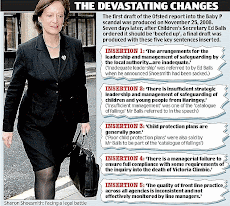


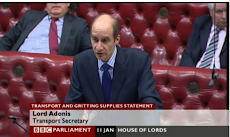





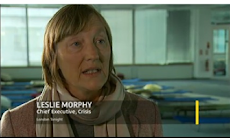

























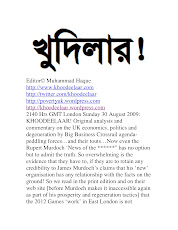
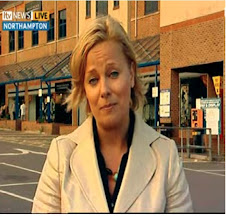
















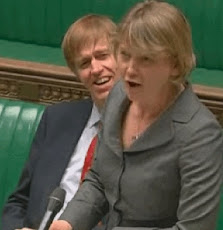


No comments:
Post a Comment